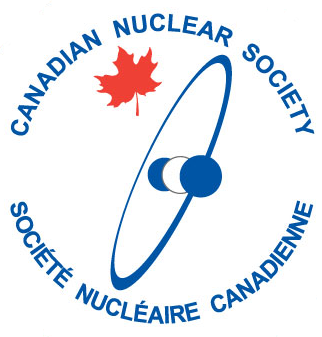
- This event has passed.
CNS Wester Branch Webinar – Nuclear Fusion: Canadian Perspectives, Challenges and Opportunities
April 25, 2022 @ 12:00 pm – 1:00 pm

Starting with an outline of fundamental approaches for nuclear fusion, basic challenges are identified that must be overcome to arrive at commercially viable fusion energy generation. The challenges require expertise and innovative ideas found not only in the sciences, but also the fields of engineering, economics, and social sciences.
Fusion has the potential of providing large amounts of low carbon energy, which will also impact Canada’s natural resource industries, particularly Western Canada’s petroleum industry. It is argued that the emergence of fusion energy will support the transformation Canada’s petroleum industry from an energy industry into a materials industry.
Fusion energy development and deployment are massive undertakings that can only be achieved through international collaboration. Canada currently does not have a major presence in such collaborations. Specifically, Canada is not participating in ITER, the large multi-national fusion initiative in France. However, a cooperation agreement between ITER and the Government of Canada was signed in 2021 thereby creating the foundation for cooperation with ITER. The importance to Canada of this and similar initiatives will be outlined, together with the role of the Fusion Energy Council of Canada.
Bio Sketch
Dr. Axel Meisen was elected President of the Fusion Energy Council of Canada (FECC) in September 2021. In addition to his duties as FECC President, he currently advises boards and senior management in Canada and abroad on strategy development of major initiatives with long-term time horizons.
He held the inaugural Chair in Foresight at the Alberta Research Council, after serving as president of Memorial University of Newfoundland, president of the Canadian Commission for UNESCO, and Dean of Applied Science and Professor of Chemical Engineering at The University of British Columbia. He was appointed to the Order of Canada in 2008 and he is a Fellow of the Canadian Academy of Engineering.
He has B.Sc., M.Sc., and Ph.D. degrees in Chemical Engineering from Imperial College London, California Institute of Technology, and McGill University, respectively.
